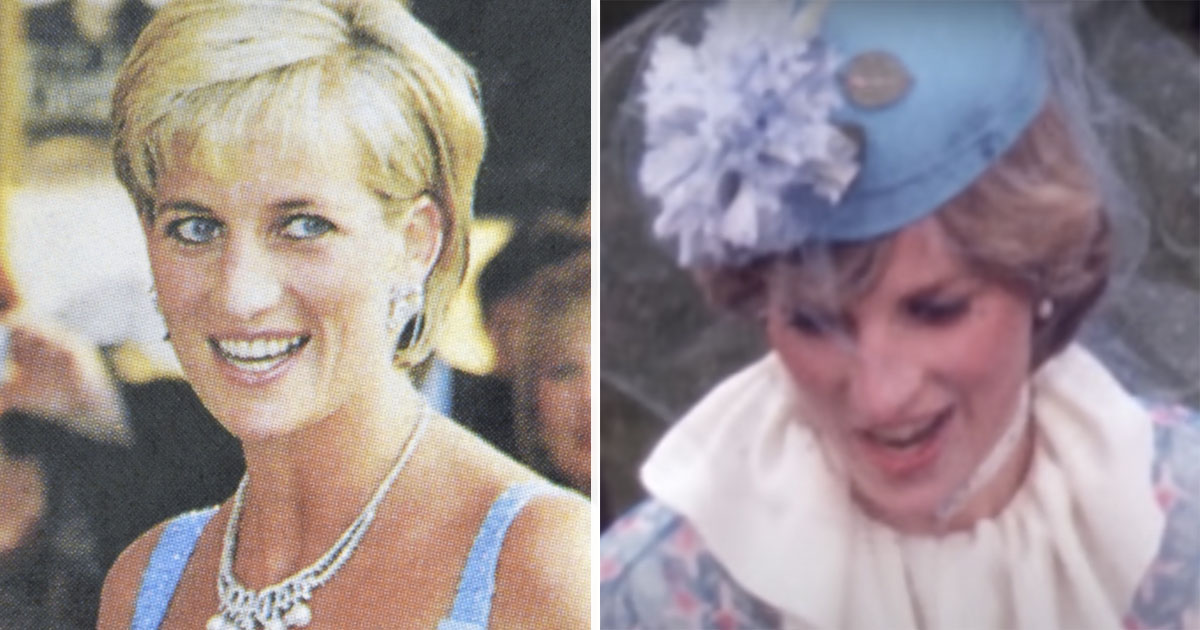Princess Diana was loved all over the world. She was down-to-earth, funny, a caring mother and a wonderful role model for many.
The tragic car accident in Paris that ended Diana’s life became a moment no one will ever forget. Diana was mourned all over the world, and her legacy will last forever.
But what really happened that night in Paris? And what were her injuries? Now, surgeon MonSef Dahman, who tried to save Diana’s life on that horrible night, has spoken out for the first time.
Diana’s passing was a shock to an entire nation, and her sons, William and Harry, were left without a mother. The terrible car crash and the potential cause of it have been discussed and debated many times. However, one person who found himself in the middle of the tragedy has now stepped forward.
Surgeon MonSef Dahman was working at a hospital in Paris at the time – and it was he who was charged with trying to keep Diana alive.
In a new interview with Daily Mail, he’s told the entire story of what really happened.
“The thought that you have lost an important person, for whom you cared personally, marks you for life,” he told the British news outlet.
To begin with, Dahman wasn’t even supposed to have worked that night. As a young duty general surgeon at the biggest hospital in France, his wife was pregnant at the time. They were due to go on holiday, away from Paris, but since his wife was pregnant with the couple’s second child, they decided to stay.
As a result, Dahman worked all summer. Since he was a junior doctor, the shifts were very long. And this particular weekend, he started working at 8am, but was still on duty at 2am the following morning.
Dahman recalled it being a “pretty easy” day. He was able to take some moments of rest, and hadn’t been asked to perform any difficult procedures.
But at 2am in the morning, everything changed dramatically.
At approximately 12.23am, the car that Diana was travelling in crashed in a Parisian tunnel. She received lengthy treatment by doctors at the scene, but suffered cardiac arrest while in the ambulance.
By six minutes past two in the morning, Diana had reached the hospital.
“I was resting in the duty room when I got a call from Bruno Riou, the senior duty anaesthetist, telling me to go to the emergency room,” Dahman told Daily Mail. “I wasn’t told it was Lady Diana, but [only] that there’d been a serious accident involving a young woman.”
Dahman was 33 years of age at the time. When he arrived from the rest room, located about 50 meters from the emergency department, he understood how serious things were.
And as he walked into the room, he was informed that the person laying on the stretcher was Princess Diana.
“It only took that moment for all this unusual activity to become clear to me,’ he recalled.
“For any doctor, any surgeon, it is of very great importance to be faced with such a young woman who is in this condition. But of course even more so if she is a princess.”
Upon Diana’s arrival at the hospital, she underwent an X-ray that revealed she had suffered serious internal injuries. She immediately received a blood transfusion.
Just 15 minutes after arriving, Diana suffered another cardiac arrest. Dahman performed a surgical procedure, but the Princess’s injuries were too grave.
Her heart simply would not restart.
“We tried electric shocks, several times and, as I had done in the emergency room, cardiac massage,” Dahman explained. “Professor Riou had administered adrenaline. But we could not get her heart beating again.”
Dahman and his medical team fought to keep Diana alive. But in the end, there wasn’t much they could do. He explained that the hospital – Pitié-Salpêtrière – was one of the best centers in the whole of France for these types of emergencies, and saving people who have been brought in made him “happy and proud”.
In Diana’s case, he felt hope at the beginning. But ultimately, they couldn’t save her.
“We fought hard, we tried a lot, really an awful lot,” he said. “Frankly, when you are working in those conditions, you don’t notice the passage of time. The only thing that is important is that we do everything possible for this young woman.”
Read more
